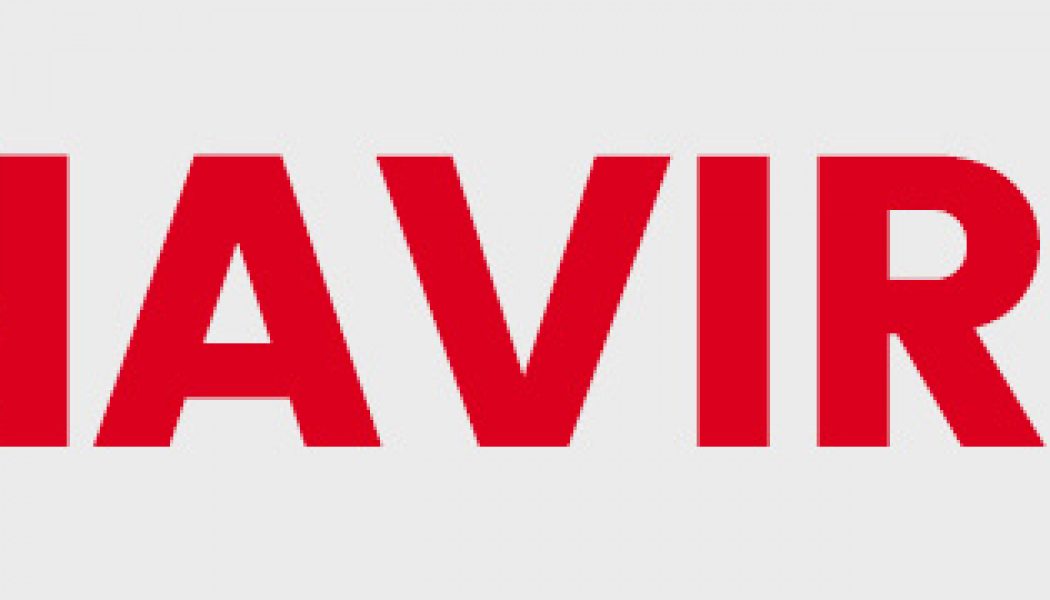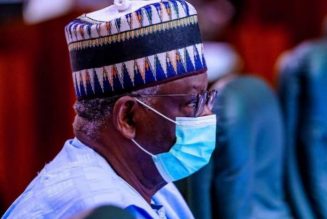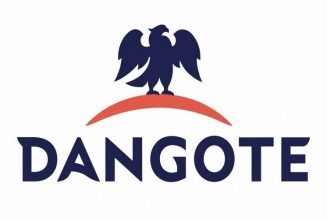In a new series amid the coronavirus pandemic, Billboard is asking individuals from all sectors of the music business to share stories of how they work now, with much of the world quarantined at home and unable to take in-person meetings, attend conferences or even go into the office. Submissions for the series can be sent to HowWeWorkNow@Billboard.com. Read the full series here.
This installment is with Eric Gilbert, co-founder of Duck Club Presents and Boise, Idaho’s Treefort Music Festival.
Eric Gilbert: Treefort was scheduled for March 25-29 and we [initially] postponed it two weeks. At that point, the state nor the city hadn’t really done anything. We made the decision in consultation with them, but we had to take the lead on that. Two weeks after we postponed, the state fully shut down.
Because of our role in being a multi-venue festival and promoting shows year-round, we work closely with a lot of different local venues in different ways. Right as we were postponing Treefort, we were simultaneously moving all those other calendars [for promotion company Duck Club Presents]. Everything is kind of at a standstill now. We’ve postponed everyone, some people a couple times. Now everyone is trying to get a sense of what the timeline is going to look like long-term.
We are treading water for another month [on Treefort]. We feel like it’s hard to say either direction [if it will happen on its new dates in September]. One of the issues with our event in particular is that it brings in so many people, both in bands and attendees, from outside the area. That raises some additional flags. Also, because there are a lot of touring bands, their tours on the West Coast aren’t going to happen now. The likelihood of them keeping their one date with us is fairly low.
It’s possible the state guidelines will allow us to do our festival in some form. But then it goes back to, Where is public sentiment? Where’s the science on it? Is it the right thing to do? Maybe it’s that we have a grasp on hospital capacity and we can handle a slight surge. We’re trying not to be swayed on too much information right now.
In March, everybody thought the fall seemed like a pretty viable option. That has obviously changed since then. When we postponed on March 11 people understood it, but some people thought we jumped the gun.
Every year we are starting essentially from zero to raise funds to put this festival on. It’s between that and sponsorship, which is a relatively small percentage of how we fund it. Ticket buyers are the largest way we do that, so we knew we couldn’t sustain a large percentage of refunds. Postponing was one way to mitigate that, but we also wanted to be able to offer people refunds for whatever reason they may have. We wanted to be flexible but put a time period on it. We still offer refunds on a case-by-case basis. Only about 10% of our ticket holders asked for refunds. It’s relatively small, which we feel grateful for.
We aren’t focused on anything right now that is profit-generating. We’re raising money for other people, which has always been part of our mission. Part of it is also recognizing all the people who lost work because our event isn’t happening.
A part of our team has recently helped collaborate with the Morrison Center here in Boise. We’ve partnered on the COVID Commissioning Fund, which is directed to artists of all stripes. We’re trying to give 100 artists $1,000 in the near term to create work in this time. The Boise Arts and History Fund is going to archive it.
I’ve been helping to lead the Treefort Live Music Relief Fund, which is meant to service musicians but also the ecosystem around them like venues, engineers, tour managers. We’re trying to provide support for that ecosystem, which is really fragile.
Following our event, we would usually be running a bunch of shows this time of year. That’s not happening either. There are a decent amount of shows from late July through the rest of the year that I’ve been helping agents and artists get locked in, but we’re holding on announcing anything. Everyone gets that it’s tentative. I had a show in September that wanted to announce right now and I got back to them and said, “I don’t think now is a good time to announce anything.” There are too many unknowns and it feels awkward to promote anything right now. There’s not a lot of disagreement on that.
Any offers that I’m sending right now, we’ve moved the capacity down slightly and we’ve been saying capacity is subject to change due to any restrictions at the time. How do you put something on sale if you don’t know how many tickets you can sell yet?
Some of the conversations I’ve been having with agents are about how there is going to be a moment for regionalism, since it’s really hard to plan a national tour right now. But Idaho might be doing pretty well. Our hospital capacity is high, everyone is relatively comfortable with the fact that people are going to get sick, but as long as we keep the curve low enough we can do these things. No one has a tour yet, but we might book some shows a month out once we get clearance to do stuff and then quickly activate some shows with regional acts. Otherwise, we’re mostly planning for 2021 for anything more extensive.
I have noticed some of the agencies sort of pivoting to [regionalism]. They have been reaching out saying, “Keep us in mind. We get that you might get a month’s notice that you can suddenly do shows and, if so, let us know ’cause our artists will want to get some work.”
If Idaho and Utah and Montana and Colorado are open and West Coast artists need work but their venues aren’t open, they could theoretically be coming inland to start playing sooner. It’s certainly a possibility. It’s hard to say. Even as we say things can happen and it seems fine, the minute someone hears a bunch of bands are coming from Washington and California and Oregon, does that seem like we’re raising risk?










